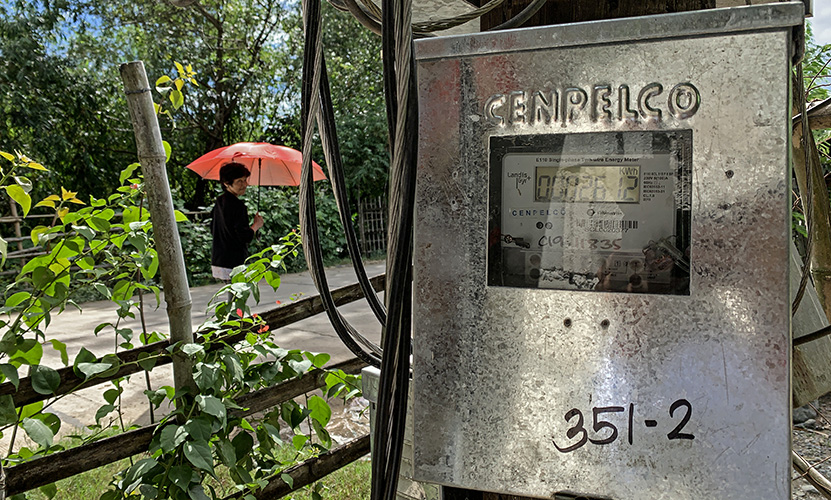Senator Win Gatchalian has called on the Department of Energy (DOE) to make full use of the Energy Virtual One Stop Shop (EVOSS) Law and the Energy Efficiency and Conservation Law to ensure adequate power supply in anticipation of a high demand during the summer season.

Gatchalian, chair of the Committee on Energy and principal author at the Senate, made the call following the warning of the DOE that the country may experience yet another series of rotational brownouts in summer as a result of thinning power supply.
“We championed these two laws to improve energy supply through the faster entry of new plants and maximize current supply. We want to modernize and streamline the permitting process behind power infrastructure projects in the country”, Gatchalian said.
Signed into law by President Rodrigo Duterte on March 8, 2019, EVOSS law paved the way for the creation and establishment of an online platform where prospective developers can apply, monitor, and receive all the needed permits and applications, submit all documentary requirements, and even pay for charges and fees
EVOSS will apply to all new power generation, transmission, or distribution projects in the country and in national and local government units, including Government-Owned and Controlled Corporations (GOCCs).
Meanwhile, the Energy Efficiency and Conservation Law, signed by President Duterte on April 12, 2019, seeks to establish a framework to introduce and institutionalize fundamental policies on energy efficiency and conservation, including the promotion of efficient and judicious utilization of energy, increased use of energy-efficiency and renewable energy technologies.
In the case of EVOSS, Gatchalian pointed out that the DOE has yet to maximize the full potential of the law. He said he continues to receive complaints that stakeholders have to go through the old and long process of securing hundreds of signatures from various regulatory agencies and attached bureaus and accomplish different contracts, certifications, endorsements, and licenses as required by 20 different laws governing the entire permitting process.
“Ako mismo ay nagtataka bakit patuloy pa rin ang red tape ngayong naisabatas na ang EVOSS. Dapat ngayon ay napapakinabangan na ng maraming stakeholders ang batas na iyan upang mapabilis ang pagpapatayo ng mga bagong planta at masiguro na may sapat tayong supply ng kuryente sa hinaharap,” Gatchalian said.


